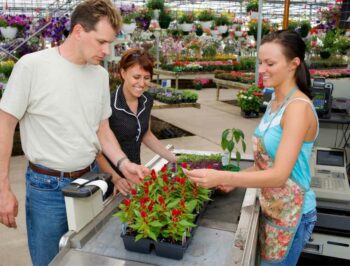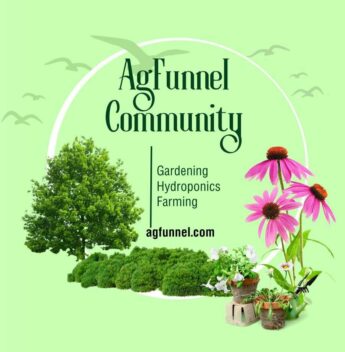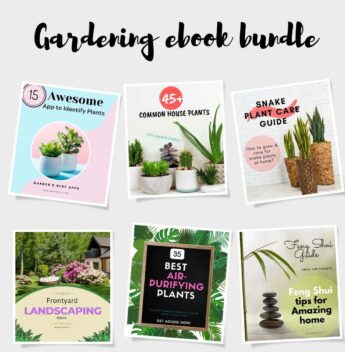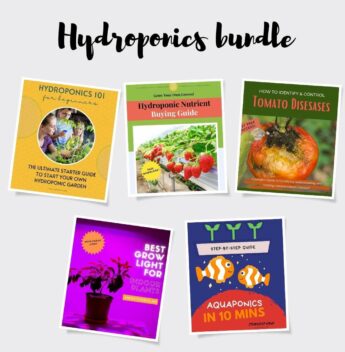As we age, maintaining independence becomes increasingly important for our overall well-being. One often overlooked aspect of this is the role that landscaping plays in supporting senior independence.
A well-designed outdoor space can not only enhance the beauty of a home but also contribute to the safety and enjoyment of its inhabitants, particularly seniors.

Taming the jungle: Dealing with overgrown gardens
Overgrown gardens can occur due to a variety of reasons, including physical limitations preventing regular maintenance or simply neglect over time.
What are the risks for seniors? For seniors, navigating through an overgrown garden can pose tripping hazards and increase the risk of injury. Additionally, unkempt vegetation may attract pests or conceal potential dangers.
The solution lies in clearing out excess growth and trimming back unruly foliage. This not only enhances safety but also revitalizes the garden, creating a more inviting outdoor space for seniors to enjoy. This can also encourage seniors to spend more time in their garden, and therefore want to look after it!
Big, uneven yards can result from a lack of regular maintenance, the sheer size of the property, or natural features like uneven ground.
Uneven terrain presents challenges for seniors with mobility issues. But even for someone who’s mobile and solid on their legs, the risks of tripping are high.
Seeking assistance from landscaping experts such as Eden’s Garden Design can help seniors redesign their outdoor space to make it more accessible and manageable. This may involve rearranging pathways, adding ramps, or installing raised garden beds to accommodate mobility aids.
Bringing the outdoors indoors: Embracing indoor gardening
For seniors living in small spaces or apartments, traditional outdoor gardening may not be feasible. Yet, gardening offers numerous physical and mental health benefits for seniors, including stress reduction, and a sense of purpose. Not having access to a garden space can deprive seniors of these advantages.
Indoor gardening provides a viable alternative, allowing seniors to cultivate plants within the comfort of their own homes. Container gardening, vertical gardens, and herb gardens are all excellent options for seniors with limited outdoor space.

Considering furry companions
Some plants commonly found in gardens can be toxic to pets if ingested, posing a danger to senior pet owners. So, if your senior relative has recently adopted a pet, you may want to check whether all plants are pet-safe.
Designing a pet-friendly garden with safe, non-toxic plants ensures the well-being of both seniors and their furry companions. More importantly, a lot of seniors rely on pets for companionship and further self-confidence, so it’s crucial to look for ways to keep the garden accessible.
You may want to incorporate a play area for pets to encourage exercise and reduce the likelihood of damage to plants. This space provides a safe environment for pets to frolic and burn off energy, making it easier for seniors to manage their outdoor space.
In conclusion, by considering these landscaping factors, seniors can create outdoor environments that not only promote their independence but also enhance their quality of life.
From taming overgrown gardens to embracing indoor gardening, there are numerous ways to tailor outdoor spaces to meet the unique needs of seniors. By prioritizing safety, accessibility, and enjoyment, seniors can continue to enjoy their gardens for years to come.

















 Lalmon LLC. All rights reserved
Lalmon LLC. All rights reserved